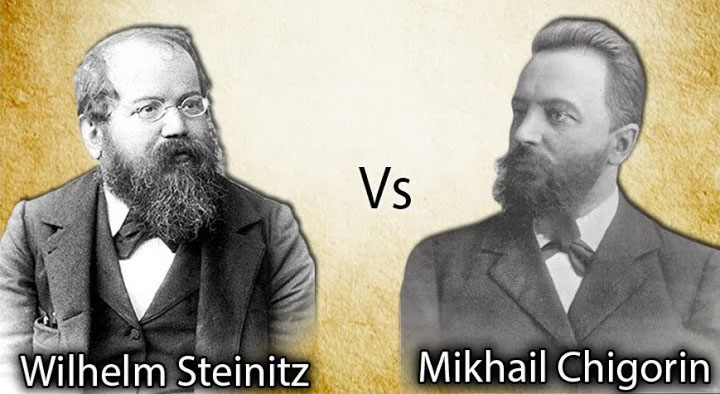 The dictionary of chess defines a blunder as a move so inferior in one’s standard of play as to be inexplicable on purely technical grounds. In simpler terms, a blunder is a bad or inaccurate move which gives one’s opponent a great advantage. According to Wikipedia, a blunder severely worsens a player’s situation by allowing a loss of material, checkmate or anything similar. Time trouble in chess, overconfidence and carelessness are some of the primary causes for blunders.
The dictionary of chess defines a blunder as a move so inferior in one’s standard of play as to be inexplicable on purely technical grounds. In simpler terms, a blunder is a bad or inaccurate move which gives one’s opponent a great advantage. According to Wikipedia, a blunder severely worsens a player’s situation by allowing a loss of material, checkmate or anything similar. Time trouble in chess, overconfidence and carelessness are some of the primary causes for blunders.
Blunders are most common among novice or amateur players. But anyone can make blunders, even grandmasters. Among the examples I examined in relation to grandmasters, I chose a blunder made in the World Championship match between Mikhail Chigorin and world champion Wilhelm Steinitz in 1892.

